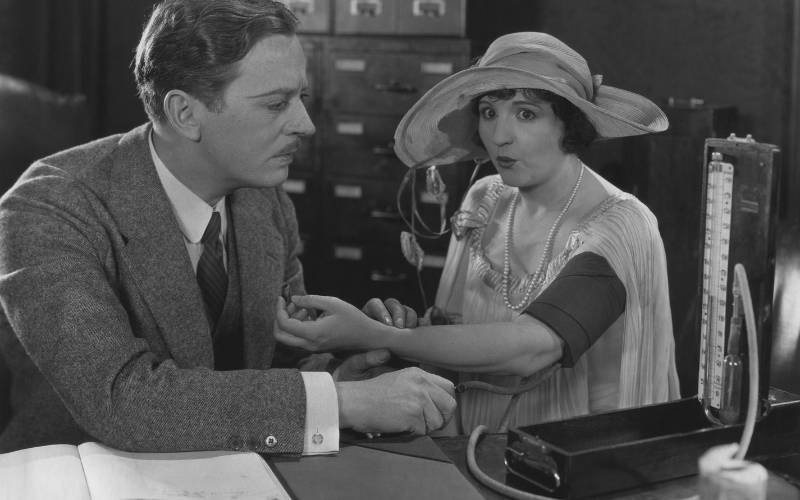We do not wish to infer that anyone should stop beta blocker use, but just explain why the use of beta blockers may interrupt with the treatment of insomnia.
Posted by Sleep Review Staff | Mar 16, 2021

Unusual dreams, insomnia and sleep disorders may be linked to beta-blockers, according to new research published in Hypertension, an American Heart Association journal.
Beta-blockers are a class of medications that reduce the heart rate, the heart’s workload and the heart’s output of blood, which, together, lower blood pressure. They are a common treatment for cardiovascular diseases, including heart failure, arrhythmias, chest pains and high blood pressure. Researchers have suspected beta-blockers of having negative psychological side effects, including depression, anxiety, drowsiness, insomnia, hallucinations and nightmares.
“The possible mental health side effects of beta-blockers have been the subject of discussion in the scientific community for many decades,” Reinhold Kreutz, MD, PhD, a professor at the Berlin Institute of Health, Institute of Clinical Pharmacology and Toxicology and the study’s supervising and corresponding author, says in a statement.
The researchers analyzed data for more than 50,000 individuals from 258 studies including beta-blockers in double-blind, randomized controlled trials. Nearly 70% of the studies were clinical trials focused on high blood pressure treatment, and 31 assessed depression in placebo-controlled trials.
Results from the comprehensive analysis also revealed that despite being the most frequently reported mental health side effect, depression did not occur more frequently during beta-blocker treatment compared to placebo treatment. And the rate of discontinuing medication use due to depression was not any different for those taking beta-blockers compared to those on other treatments.
“Our results indicate that concerns about adverse mental health events, especially depression, should not affect the decision about beta blockers. Beta-blockers are mostly safe regarding psychological health,” said Kreutz. “We found no indication of an association between beta-blocker use and depression. The same was true for most of the other mental health symptoms, as reported in the studies that were included in our analyses. However, sleep-related symptoms such as unusual dreams or insomnia did emerge during beta-blocker therapy for some patients.”
